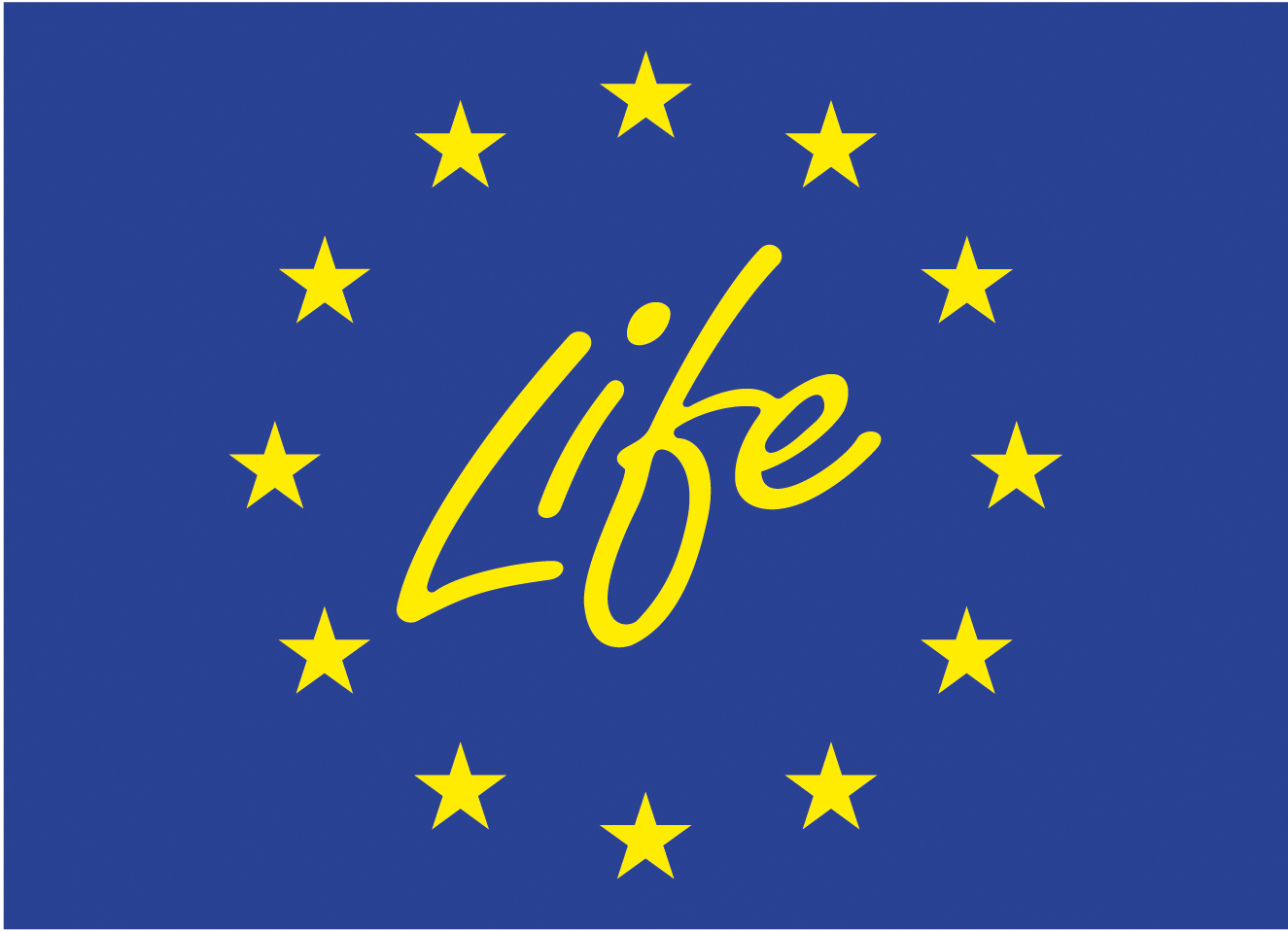Info Days on Horizon Europe Cluster 6 – 7-8 July 2021, online

Under the Pillar 2 of Horizon Europe, Cluster 6 – Food, Bioeconomy, Natural Resources, Agriculture & Environment is central to the European Green Deal. It aims to reduce environmental degradation and tackle biodiversity decline on land, in waters, and oceans through transformative change to achieve a climate-neutral Europe within planetary boundaries. During the European Commission’s Info Days on Cluster 6, participants from all over the world could learn more about funding opportunities in the Cluster 6 areas.
Research & innovation, key enables of the EU Green Deal
Nathalie Sauze-Vandevyver, Director of Quality, Research and Innovation, Outreach at the European Commission’s DG AGRI, pointed out that research and innovation are key enablers to achieve the quantified targets of the European Green Deal, including at least 25% of EU agricultural land under organic farming and a significant increase in organic aquaculture. She also mentioned the Organic Action Plan, which needs to be implemented at EU and local levels, and the need to transform the way farmers manage land in 9 years, with only 9 growing seasons left, through stepping up efforts across all intervention areas of Cluster 6.
Horizon Europe and its destinations
Horizon Europe’s first Work Programme (2021/22) is structured along destinations (these are big chapters with a title, narrative, expected impacts, link to impact areas and a table summarising calls of the destination) and includes the topics with expected outcomes and scope. Kerstin Rosenow, Head of Unit of Research and Innovation at DG AGRI, introduced Destination 2, “Farm to Fork”, which is key to the success of the Green Deal and Sustainable Development Goals. Research & innovation and knowledge exchange on organic and agroecology are key drivers to ensure food and nutrition security for all. Furthermore, synergies with other projects, clusters, partnerships, missions and the Joint Research Centre as well as international cooperation are important.
The importance of a multi-actor approach
The multi-actor approach (MAA), which was already important in Horizon 2020, is now included in Horizon Europe Cluster 6 as an eligibility criterion and counting for evaluation under Excellence. Around half of Cluster 6 projects in calls 2021/22 are multi-actor for more impact of the budget invested in research and innovation, ensuring that the outcomes are relevant to society. Inge van Oost, Policy Officer at DG AGRI stressed that project objectives must target end users and their needs. Actors use their local and practical knowledge and entrepreneurial skills to develop solutions and should be involved throughout the whole project. The MAA creates co-ownership of results, speeding up acceptance, uptake, and broad implementation of ideas. Results should be practical and understandable. Cross-fertilisation creates practical knowledge. Facilitation is crucial, as are links to interactive local innovation groups such as EIP-AGRI Operational Groups.
Furthermore, a dedicated call on Agricultural Knowledge and Innovation Systems (AKIS), which are key for involving all food system actors, will accelerate the necessary transition of our food and farming systems, in addition to scaling up support for AKIS through CAP Strategic Plans.
The Soil Mission, contributing to EU policies
Missions as a key new instrument in Horizon Europe and horizontal actions with a public goal will create a core network and multi-level governance, facilitate engagement from local to EU levels, and join different sources of funding to transform in an inspiring way and in the long run. In the session on the Mission for Soil health and food and the Oceans Mission, it was stressed that healthy soils are at the heart of the European Green Deal. Healthy lives and healthy environments depend on healthy soils. The Soil Mission (HORIZON-MISS-SOIL-2021-01-01) will contribute to the new Soil Strategy, the EU Farm to Fork and Biodiversity strategies, the Organic Action Plan and the EU Soil Observatory and will develop recommendations, priority actions, business models as well as social innovations. Actions will span all types of land use, sectors, and value chains. Living labs will foster collaboration between actors while lighthouses will also include training and communication for the improvement of soil health.
You could not attend some or all of the sessions? Do not worry. You can rewatch all sessions.

This is co-financed by the LIFE programme of the European Union, under the under the Climate, Infrastructure and Environment Executive Agency (CINEA). It only reflects the views of the authors and its sole responsibility lies with IFOAM Organics Europe. CINEA is not responsible for any use that may be made of the information provided.

